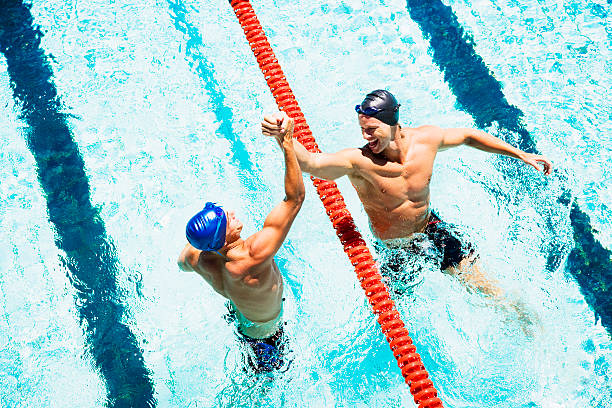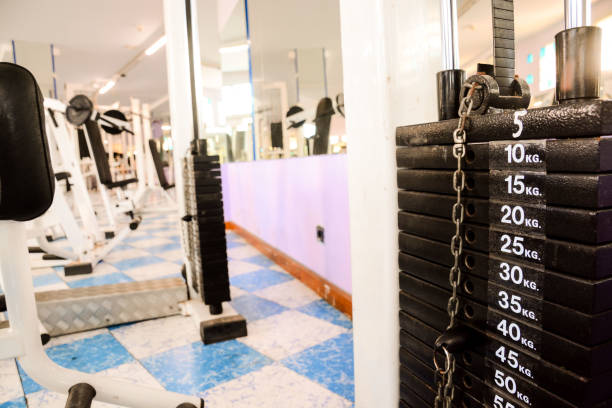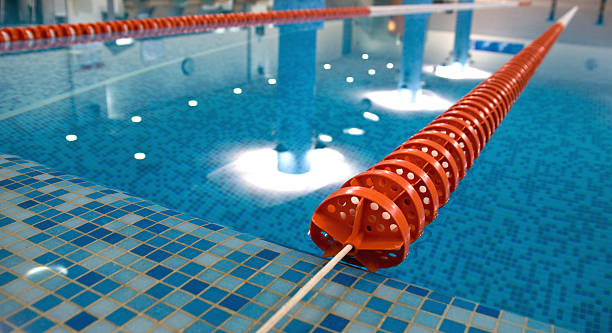
IFS for Athletes: Unleashing Your Athletic Potential
In the world of competitive sports, success often hinges on a delicate balance between physical prowess and mental fortitude and the MOST important part is IFS. Athletes are no strangers to the rollercoaster of emotions and thoughts that can influence their performance. What if I told you that the key to reaching your full athletic potential lies within your own psyche? This is where Internal Family Systems (IFS), a revolutionary and evidence-based psychological theory developed by Dr. Richard Schwartz, comes into play.
IFS For Athletes
Picture a relay race where a team of four athletes must work together seamlessly. If three members of the relay are enthusiastic and ready to perform at their best, but the fourth member is paralyzed by fear, doubt, or reluctance, the team’s chances of success are significantly compromised. It’s not uncommon for such a relay to fall short of greatness.
Now, imagine a relay where all four members are eager and unencumbered by hesitation. In this scenario, the odds of a successful outcome increase exponentially. This relay analogy is a perfect reflection of an individual athlete’s inner psyche.
According to the IFS model, our inner world is composed of multiple “parts,” each with its own unique roles and perspectives. Think of these parts as the various voices inside your head, each advocating for its viewpoint. For example, one part of you might crave that indulgent slice of chocolate cake, while another part argues against it. This inner diversity of perspectives can lead to inner conflicts that may, in turn, hamper an athlete’s performance.
The Battle Within
Each part within your psyche has its own set of beliefs, intentions, and motivations. These parts often operate independently and can exert influence at different times, leading to inconsistency in your actions and decisions. For athletes, this internal discord can be particularly detrimental, as it may obstruct access to confidence, composure, and courage – qualities often impeded by anxious or fearful parts.
Instead of battling these conflicting inner voices, the IFS model teaches athletes to collaborate with their parts in specific ways. By doing so, they can calm their nervous systems and facilitate positive changes in the roles these parts play. This newfound harmony allows athletes to tap into their full potential, unencumbered by the interference of fearful or anxious parts.
The Unseen Power of Unconscious Parts
Unconscious parts often remain hidden beneath the surface, yet they play a significant role in an athlete’s performance. When you experience disappointment, criticism, or any distressing event, a part of your psyche may decide that it’s their duty to shield you from ever experiencing that pain again. While this part believes it’s acting in your best interest, its actions can unintentionally hinder your progress.
For instance, an athlete might consciously strive to perform well but unconsciously hold back because a part believes that not trying too hard is a safeguard against the fear of failure. Another athlete might carry the fear of past failures, leading to excessive anxiety and self-sabotage. Such parts often work in the shadows, making it challenging to identify and address their impact.
The Many Faces of Sabotaging Parts
Fear of failure is a common fear that can lead to self-sabotage. Athletes may unconsciously hold beliefs like, “If I don’t give my all, I won’t feel like a failure.” These beliefs are rooted in fear, causing internal conflict, frustration, and guilt.
Another scenario arises when an athlete’s inner psyche decides to protect them from the pain of failure by staying disengaged or apathetic. This internal part convinces the athlete not to care about the outcome, inadvertently setting them up for failure.
Other types of parts that can sabotage an athlete’s performance include:
1. Other Fear Parts
- These parts may fear pain, disappointment, embarrassment, or anger, leading to actions that undermine performance.
2. Overthinking Parts
- Often, overthinking is a disguise for underlying fear parts. Anxiety and overanalysis can be driven by a fear of failure or other distressing emotions.
3. Inner Critic Parts
- Internal voices that criticize and berate an athlete for perceived flaws or mistakes, eroding self-worth and confidence.
4. Perfectionist Parts
- These parts strive for perfection but often create anxiety and tension, counter to their intended effect.
5. Parts with Limiting Beliefs
- Beliefs such as “I’ll never be good at…” or “I’m not as good as others” can restrict an athlete’s potential.
6. Parts Linking Self-Worth to Performance
- Believing that one’s worth is tied to performance can lead to overwhelming pressure and hinder performance.
7. Parts That Discourage Confidence
- Fear of being perceived as arrogant or obnoxious may lead athletes to downplay their confidence.
Traditional Sports Psychology vs. IFS
Traditional sports psychology approaches often address surface-level issues, teaching athletes techniques like positive self-talk and relaxation methods. However, they frequently neglect the underlying concerns and perspectives of the parts generating negative self-talk and anxiety. These strategies may fall short when applied in high-pressure situations, as they ignore the root causes of performance issues.
The IFS For Athletes Deep Dive
In contrast, IFS goes beyond surface-level solutions. It delves deep into the athlete’s psyche, offering a comprehensive understanding of their inner world. Through a combination of practical tools and profound insights, IFS empowers athletes to manage their parts effectively, creating a lasting and transformative impact. Some key advantages of using IFS for athletes include:
1. Transformation of Self-Talk
- With IFS, athletes develop a new way of communicating with their internal parts. They understand each part’s perspective and learn how to collaborate with them productively, resulting in a profound shift in self-talk.
2. Reduced Dependence on Willpower
- Instead of relying on sheer willpower to suppress or overcome parts, IFS promotes collaboration and harmony among them, eliminating the mental exhaustion associated with battles against inner conflicts.
3. Preventing Parts from Sabotaging Performance
- IFS equips athletes with the tools to calm anxious or fearful parts, allowing them to channel their energy positively, transform anxiety into excitement, and even eliminate anxiety in certain situations.
4. Application Beyond Sports
- IFS isn’t limited to the realm of athletics. Athlete’s parts can also influence their choices in areas like nutrition, sleep, and time management. IFS can help athletes make healthier decisions in all aspects of their lives.
Unlocking Your Full Potential
While IFS for athletes is not a quick fix and may initially seem complex, the effort invested in mastering this approach is undeniably worthwhile. It reshapes the dynamics of an athlete’s inner psyche and equips them with powerful tools to manage their parts effectively, even in high-pressure situations like the Olympic Trials. With IFS, athletes can unite all their inner voices, working in harmony to unleash their full athletic potential.
In conclusion, Internal Family Systems isn’t just a theory; it’s a transformative framework that empowers athletes to become masters of their own minds. Through understanding, collaboration, and communication with their inner parts, athletes can overcome self-sabotage, enhance their performance, and embark on a journey towards athletic greatness.
IFS Theory – https://www.olsonmftclinic.com/blog/71045-combining-sports-psychology-and-family-systems-theory


